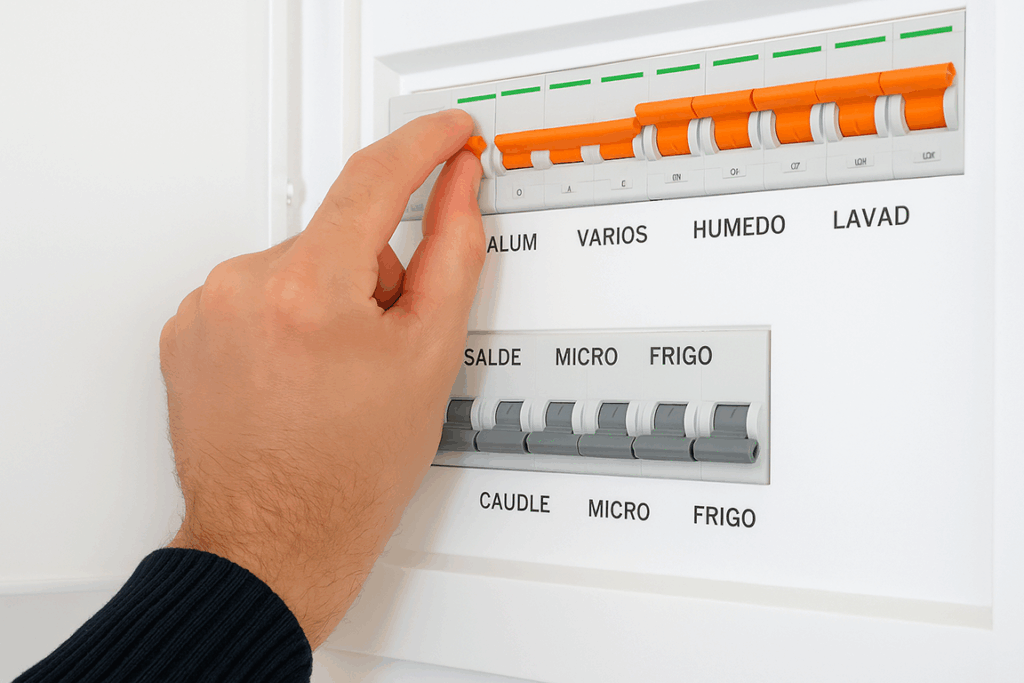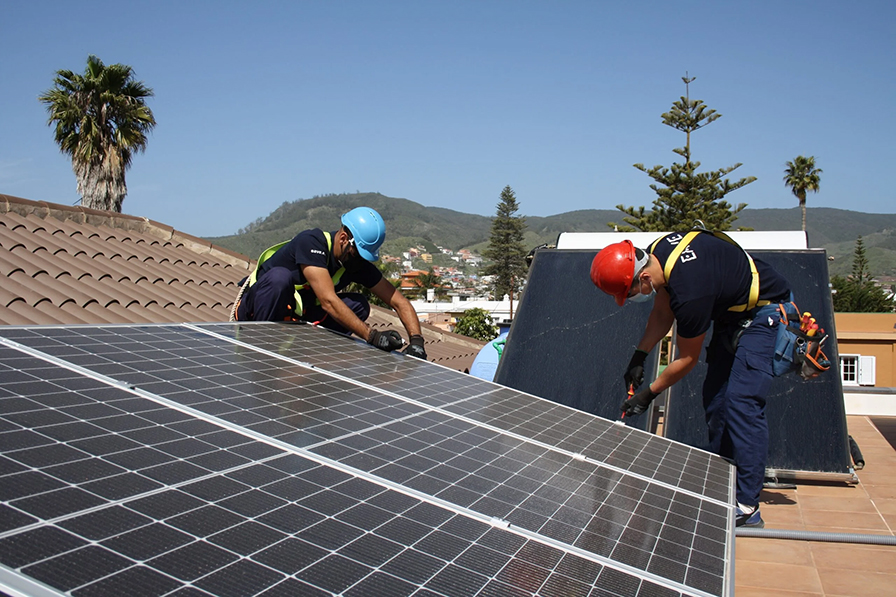
In residential communities along the Costa del Sol, questions about power responsibilities often come up, especially during outages or electrical issues. Whether you’re a longtime resident or a new property owner, it’s important to understand how electricity works in your comunidad de propietarios.
Community power refers to the electrical supply for all communal areas. This includes hallway lighting, lifts, water and pool pumps, and garage doors. It does not include electricity inside individual homes. However, if the entire community loses power, all homes will be affected too.
If your apartment alone is without power, but the rest of the community has electricity, the issue is likely internal. Start by checking your apartment’s fuse box. If everything looks normal, ask someone to open the community’s electricity meter cupboard and check your meter. A red light on the meter can mean either your service has been disconnected by the supplier or the fuse inside the meter has burnt out.
In the case of a burnt-out fuse, never attempt to fix it yourself. This is a job for a licensed electrician to ensure safety and compliance.

Some communities have installed solar panels in hopes of reducing dependency on traditional electricity. While this is a great initiative, it’s important to understand the limitations. Solar systems don’t work during a general power cut because the inverter, which transforms solar energy into usable electricity, needs a basic supply of electricity to function. Without it, the system shuts down.
Solar companies often promise two things: the possibility of applying for a government grant and reimbursement for surplus energy through a virtual battery. While both are theoretically true, the reality is more complicated.
In one of our communities, solar panels were installed nearly two years ago. Although the grant application was submitted immediately, there has been no response. As for the virtual battery, the power company requested endless technical documents, upgrades to the meter, and other conditions. Despite repeated efforts, the community still hasn’t activated this feature.
This has caused disappointment among owners who invested with the expectation of savings and quicker returns. The installer was reputable, but dealing with Spanish bureaucracy is often slow and frustrating.
In summary, managing power in communities requires knowledge and realistic expectations. While solar energy is promising, administrative delays and technical limitations are common. By understanding how your community’s electrical system works and consulting professionals when needed, you can better handle any issues that arise—and avoid unnecessary stress.
If there’s a topic you’d like us to cover in a future article, or if you need help managing your community, feel free to contact us at info@comunimas.es. Have an amazing day!

Joni Burnett
Chartered Community Administrator Reg. 2447
College of Chartered Community Administrators of Malaga and Melilla
COMUNIMAS: Chartered Community Administrators
www.comunimas.es info@comunimas.es








